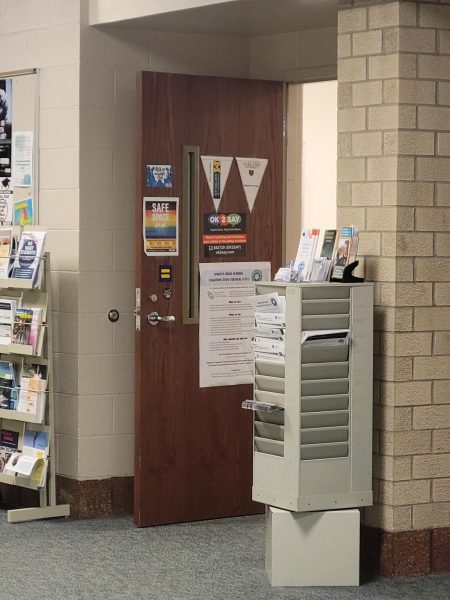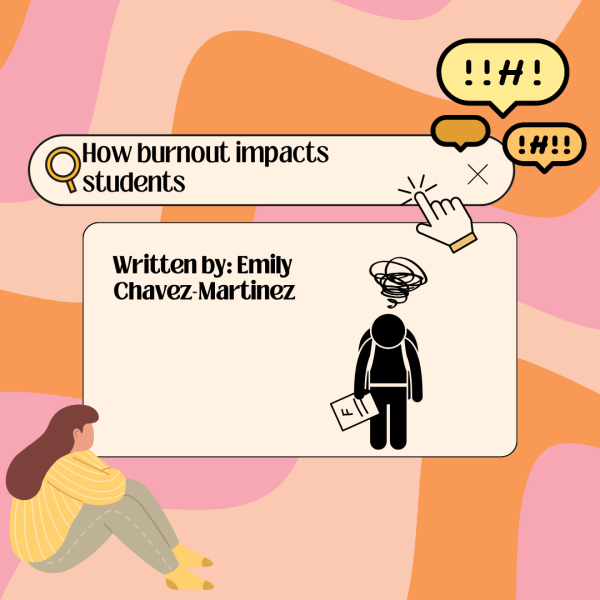Why you should care about climate change
Climate change is long term shifts in temperatures and weather patterns. These shifts, however, may be natural, from variations in the solar cycle. Arguably though, since the 1800s, human activities have truly driven the change in climate. Undoubtedly due to the burning of fossil fuels, such as coal, oil, and gas.
When fossil fuels burn it releases greenhouse gas emissions, they surround the earth trapping the suns heat, which raises temperatures.
A greenhouse gas emission example would include carbon dioxide and methane. These gases come from driving a car, or the use of coal for heating a building. The clearing of land and forests can also release carbon dioxide. Also, landfills for garbage are a major source of methane emissions. Among these few emitters is Energy, Industry, Transport, buildings, agriculture, and land.
Greenhouse gas concentrations are at their highest levels in 2 million years. As emissions continue to rise, the earth is now 1.1 Celsius warmer than it was in the late 1800s. The last decade was the warmest on record.
Many people believe that climate change mainly means warmer temperatures. However, temperature rise is only the start of the story. The earyh is a system of connections, a change in one area affects every area. Among the rise of temperatures, Intense droughts, water scarcity, severe fires, rising sea levels, flooding, melting polar ice, catastrophic storms, and declining biodiversity are also consequences of climate change.
People experience climate change in different ways. Climate change can affect your health, ability to grow food, housing, safety and work. People who live on small island nations and developing countries were already more vulnerable to climate impacts. In some areas conditions like sea level rising and saltwater intrusion have advance to the point where whole communities have had to relocate, also protracted droughts are putting people at risk of famine. It is expected that “climate refugees” as people call them is expected to rise.
You are now probably asking yourself “are they’re any solutions for this?”
Climate change solutions can deliver economic benefits while improving everyone’s lives and protecting the environment. Three broad solutions are cutting emissions, adapting to climate impacts and financing required adjustments.
Switching to renewables like solar or wind from energy from fossil fuels. This will reduce the emissions that are in fact driving the climate change.
One of the things holding people back from moving forward with this solution is that climate action requires significant financial investments by governments and businesses, however climate inaction is vastly more expensive.
Your donation will support the student journalists of Dakota High School. Your contribution will allow us to purchase equipment and cover our annual website hosting costs.

Mackenzie Gay is one of our very few freshman writers. Mackenzie is currently undecided on what she wants to do with her life, however she is leaning towards...










Josh Voss • Oct 28, 2021 at 9:08 am
I don’t get why people hate windmills as an energy source, I think they look cool.